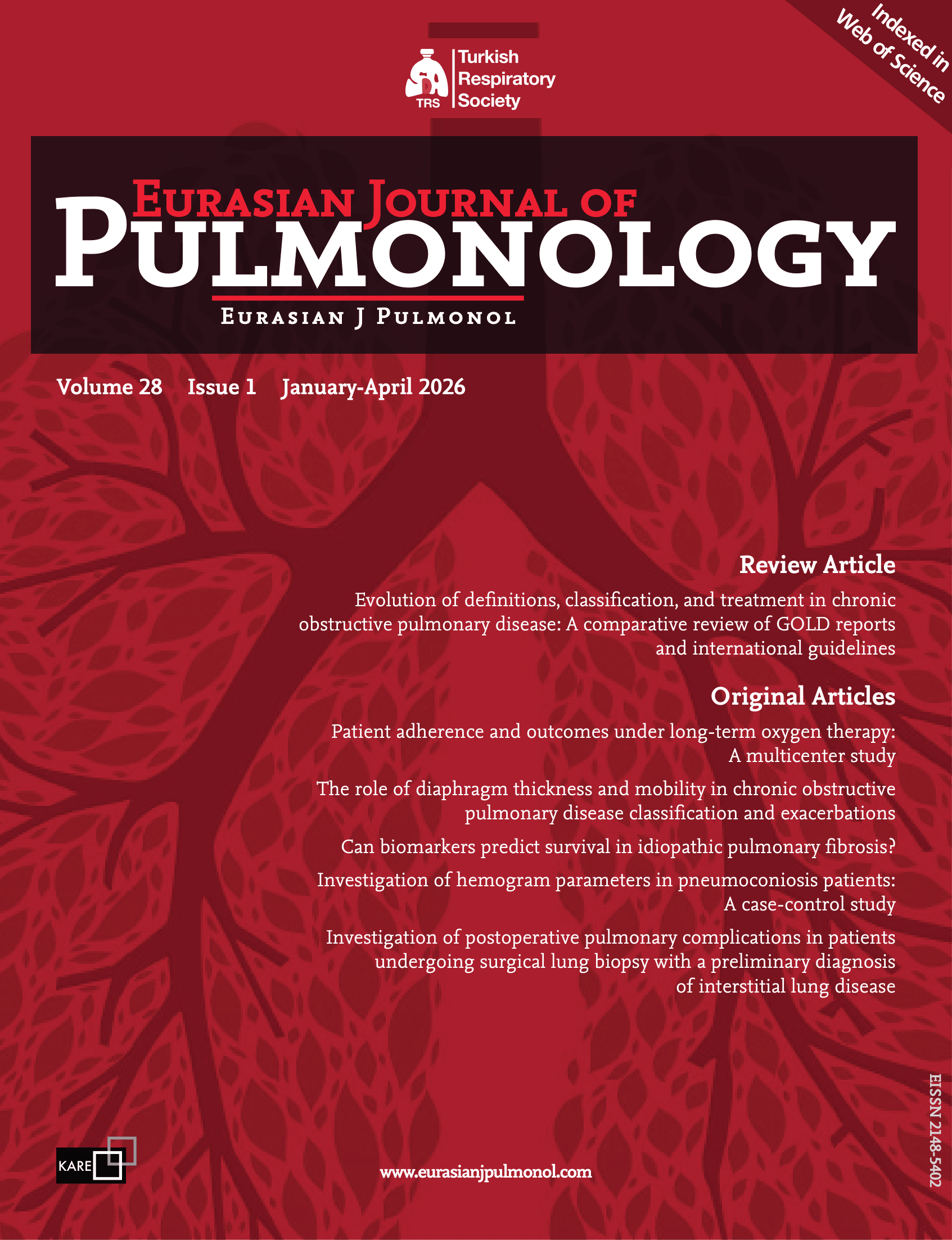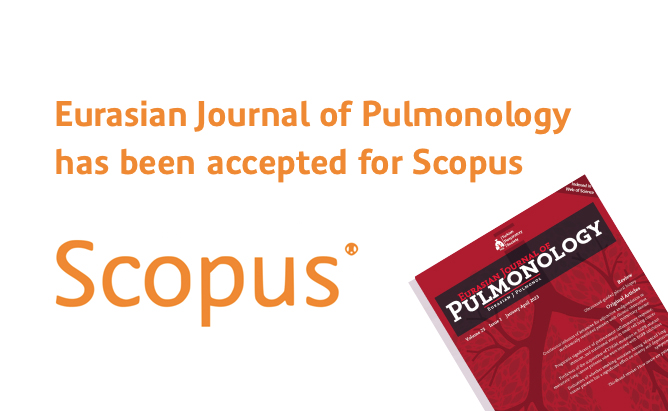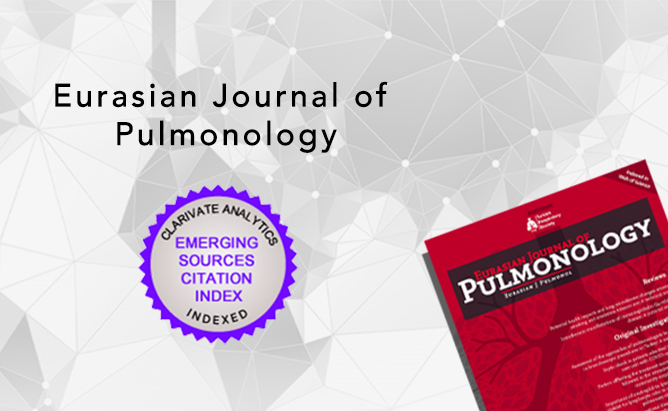2Department of Psychology, TOBB University of Economics and Technology, Söğütözü, Ankara, Turkey
3Department of Chest Diseases, Konya Training and Research Hospital, Meram, Konya, Turkey
Abstract
OBJECTIVE: Dry powder inhalers are a group of inhaled medications commonly used for the treatment of chronic obstructive pulmonary disease (COPD). Although they can be more easily administered than metered dose inhalers, there is a high rate of errors in device use. The present study aims to evaluate the relationship between the ability to learn how to use a Diskus device and cognitive functions in patients with COPD.
MATERIALS AND METHODS: The study included 30 inhaler-näive patients who were newly diagnosed with COPD. During their first visit, patients were administered a broad array of standardized neuropsychological tests and given a training on inhaler use. During the second visit, patients were divided into two groups according to their performance in the use of Diskus device: effective and ineffective.
RESULTS: Twenty-nine patients who completed the study showed a negative correlation between the cognitive test scores and Diskus training parameters. The number of errors and duration of training increased as the cognitive scores decreased. In Visit 2, a comparison between patients with ineffective and effective use of the Diskus device showed that cognitive function scores were higher in those with effective use.
CONCLUSIONS: Evaluation of cognitive functions in COPD patients is important in establishing an effective inhalation treatment.









